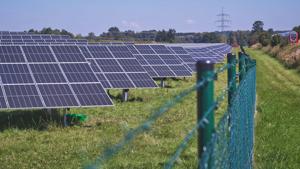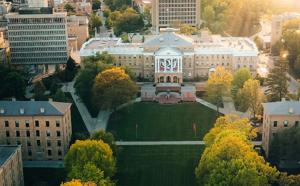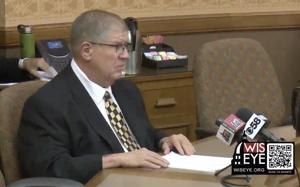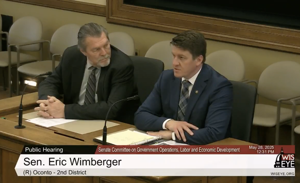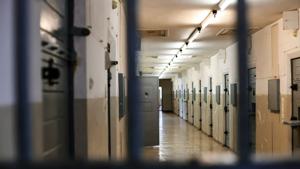(The Center Square) – Wisconsin Gov. Tony Evers’ decision to veto a Brillion marsh dredging project from the 2025-27 Wisconsin biennial budget is under fire, as Republican lawmakers say the rural farmers they represent could now be at risk of flooding.
The Legislature’s budget originally required the Wisconsin Department of Natural Resources to give $70,000 towards dredging the Brillion marsh to assist more than 100 farmers and other residents along the Manitowoc River who face annual flooding due to river backup, according to Sen. Andre Jacque, R-New Franken, and Rep. Ron Tusler, R-Harrison.
However, Evers vetoed the provision over lawmakers’ decision to discontinue the Warren Knowles-Gaylord Nelson Stewardship program in the budget, according to his veto message.
“Gov. Evers approved funding in the budget for multiple similar DNR earmarks, including the Kewaunee Marsh within my district,” Jacque said in a statement. “The governor chose to play games at the expense of Brillion to score political points.”
The Stewardship program that Evers cited previously gave $500,000 annually toward facilities, recreation projects and habitat restoration projects.
Jacque said Evers is “targeting” Brillion specifically over the Stewardship program cut, citing the Browns Lake dredging, Green Lake Sediment Inactivation, and Echo Lake and Rothschild Dams as examples of other DNR projects Evers allowed to stay in the budget.
According to Jacque and Tusler, the veto leaves the original $70,000 in place with “no statutory guidance on how to use it.”
They said the provision would have gone to providing “long-overdue relief” to farmers along the Manitowoc River who suffer “thousands of dollars in crop damage each year.”
Additionally, the funds would have helped reopen the Brillion Marsh to kayakers and visitors.
Jacque and Tusler said this is the second budget they have submitted funding requests for this project.
Calumet County, where the Brillion marsh is, has reported five instances of property damage related to floods or flash floods since 2010, according to the National Oceanic and Atmospheric Administration.
The U.S. Department of Agriculture previously declared a disaster in Calumet County after flooding caused the county to lose 30% of its strawberry crop in 2017.



